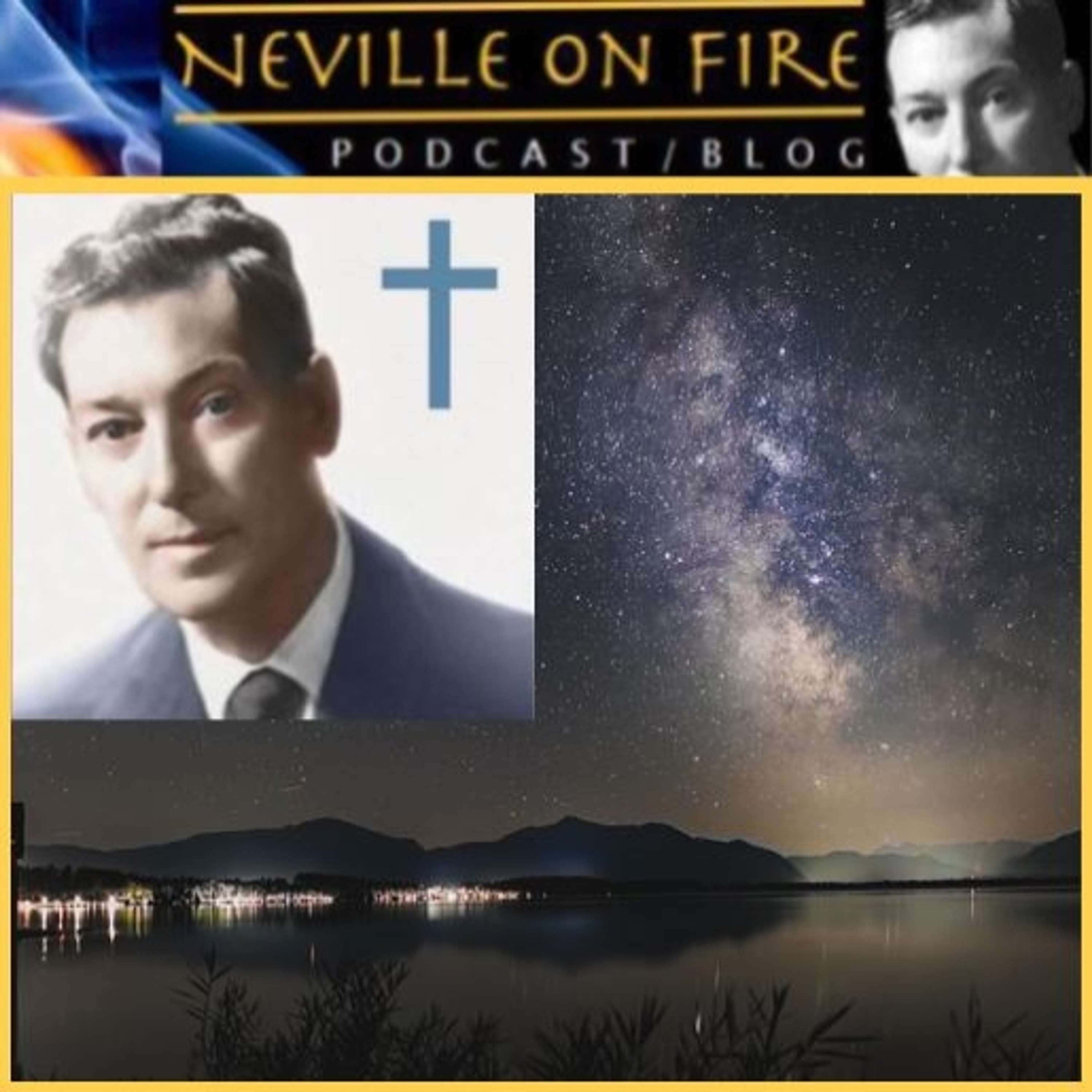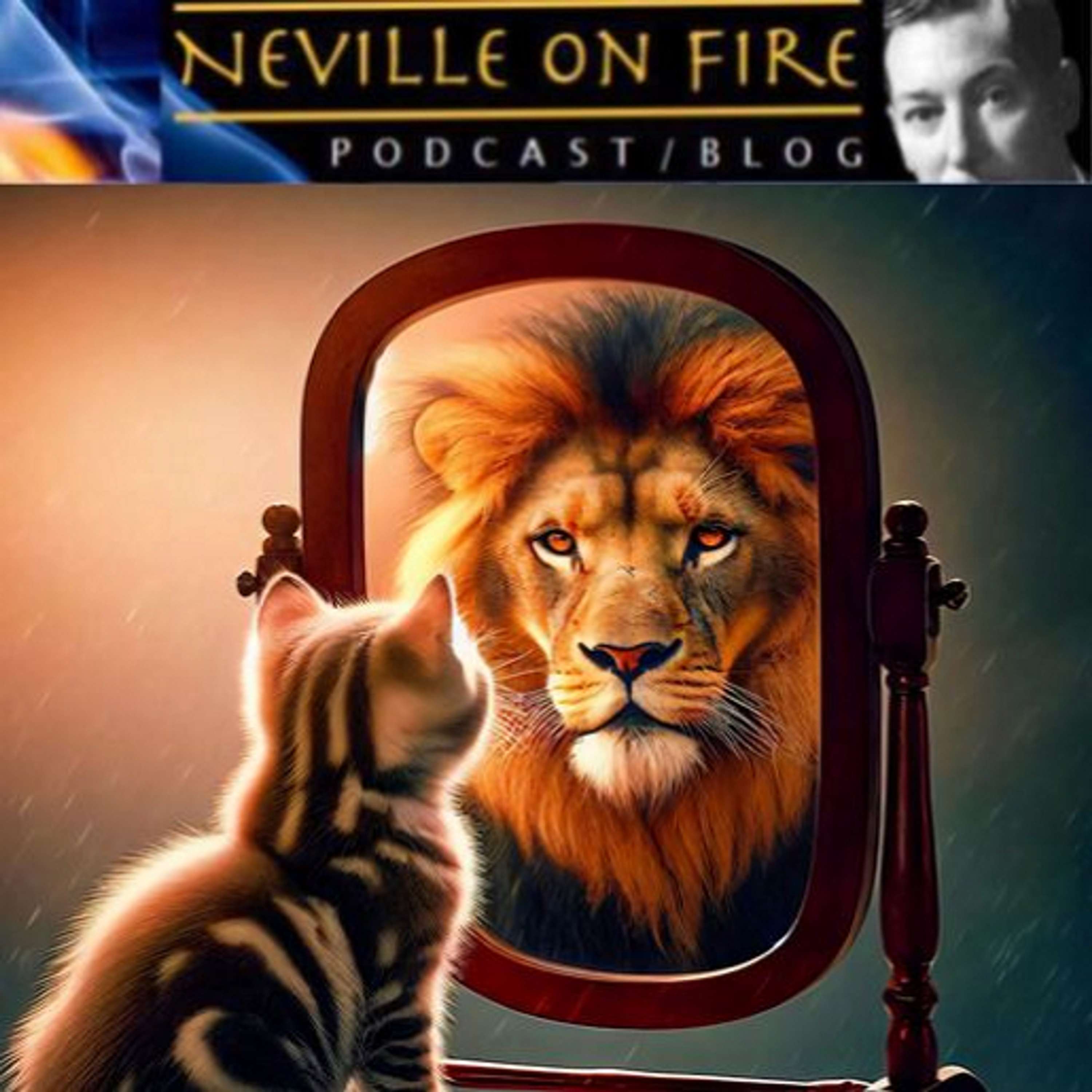Show Notes
Introduction
1. The institutional retraints on freedom and imposed formation of self:
- family
- education
- religion
- work
- popular commercial culture, mass media, social media
- government
- finance
- healthcare system
- military, war, sports, etc.
2. C.G. Jung and Individuation...
- locate yourself within, define yourself rather than letting the world tell you who you are
- don’t try to fix your weak points; focus on your strengths
- establish some connection with the higher (seemingly outside oneself)
3. Political information focusing on individual liberties
E12 - What characterizes programs of institutional mass hypnosis and mass psychosis?
YT channel: Academy of Ideas
- Obedience and the Rise of Authoritarianism
- The Psychology of Conformity
- The Manufacturing of a Mass Psychosis - Can Sanity Return to an Insane World?
Counter-attack:
- bring order to our own minds;
- humour and ridicule;
- parallel structures.
- call for courage -- just as this virtue is called for in Neville’s 12 Disciplines of Mind E5
4. Conclusion
By comparison to the above: the fundamental and radical quality of Neville’s idea:
- “tell him who he is” -- this is the one unique and powerful message that is missed by every institution, school of thought, political philosophy, system of virtues, etc...
RESOURCES
Robert S. de Ropp (1989) The Master Game: Pathways to Higher Consciousness
Youtube channel: Academy of Ideas
Youtube channel: Philosophies for Life. Carl Jung - How to Realize Your True Potential in Life
Neville Goddard (1948) Out of this World
Please check my new blog at https://nevilleonfire.substack.com/
Thought pieces, related to podcast, in under 500 words each.
Show Transcript
[edited for clarity]
This is E17, Neville’s answer to the problem of human freedom
In this episode, let's take a look at several aspects of the problem of human freedom and then finally compare all of those to Neville's answer. I'll present these different aspects of the problem following a series of well synchronicities. I guess this problem has been on my mind for several months and has formed the basis for several affirmations. Well, the first event was, it seems like subconsciously I affected another person.
Somebody very close to me said, don't you remember when you used to read these stories? And it was a science fiction trilogy that they were referring to. The story was called The Tripods. It was about these aliens who invaded Earth and kept humanity under control by installing on their skulls these metal caps that controlled their thoughts, tracked their location, prevented them from entertaining any idea of rebellion, and kept them relegated to antiquated technology. That was prescient in many ways.
I had to remember what it was all about, and with a few decades now of perspective, I was able to answer and say, oh, yeah, that was all about mind control. That was the underlying message.
INSTITUTIONS
Shortly after that, we had some dinner guests, and my friend started down this line of thought where he was discussing institutions, just like I've done in previous episodes. These institutions are in a major way a constraint upon human freedom.
So of course, there are many sides to the question. You could say that institutions, or at least some of them are necessary or even beneficial. But what we want to do here is just focus on the insidious aspect, and that is that people fixate, unwittingly or unconsciously, upon the requirements of the system and then derive their sense of identity, perhaps overwhelmingly from that institution.
So let's use the list that he gave me, as best I can remember it, to start this whole discussion. The first institution that has a dominant influence on the formation of the self is, of course, the family. And you can debate about the good points, the bad points, the necessary points, and detrimental points about the family. But it's undeniable that that's the first institution that's going to shape the person's, personality and concept of self.
The next one, arguably, is education, if you can call it that, the system of regimentation and schooling that we've seen in our society through the past several decades.
The next one is religion. And what does religion tell you in a given circumstance about your own nature and identity? Of course, there are many answers to that.
Another important institution that imposes constraints and conditioning upon the individual is the workplace.
Then a very important one is, of course, the influence of popular commercial culture by which we mean mass media, social media, all of that.
My friend in this discussion was kind of struggling to remember the last two in a list of seven, so I volunteered: maybe the last two where government and finance. Government tells you who you are in certain ways. And of course, finance is a deep mystery.
So what's the point of our review of institutions? It's not to say that they're not necessary, but just to get an idea of what their answer is to the idea of the formation of one's own identity.
FAMILY
You can probably think of examples of people in your own circle who put absolute faith in the family. That's where they centre their sense of identity. Of course, people who suffer abuse and recover are likely to take a dim view of the family connection. But even those who have a so-called normal childhood or seemingly normal can have issues that are unresolved with their parents and siblings and so on, going right into adulthood, and from those complications derive their own sense of identity.
EDUCATION
Then again, it's very common to ground your sense of identity, your sense of self, your sense of self worth, even, in educational accomplishments, which is defensible, it has a place -- for at least genuine accomplishment.
I don't know what your opinion is of what's going on in the secondary schools, for example, but I can relate something anecdotally. A family member reported at a recent dinner that the young men and women in high school, in this person's experience, are walking around the hallways on all fours, because they “identify” as cats and dogs. This is permitted in the institution.
SOCIAL MEDIA
Then there's the addiction to both the superficial self and approval by others through social media.
GOVERNMENT
Government more and more is giving you a very strong sense of identity as an obedient team player where rules need to be followed for the “common good”.
FINANCE
And with regard to finance, well, we're not told about the history of what sound economics is all about; what the establishment and the control of the money system was all about; what true wealth creation really consists of; how to invest, and so on.
I remember, going back a few years, the consumer was most often depicted by the advertisements of the commercial banks as basically a cartoon-like idiot. More recently, the consumer is depicted in terms of identity politics -- as opposed to, say, a real discussion of the consumer's position with respect to the monetary system, earning power, taxation, and so on.
OTHERS
Now, in that list of seven, I guess I've forgotten to mention many institutions that give people directives, imperatives to inform their sense of self. For example, the health care system, the military, war, professional sports, etc.
TENTATIVE ASSESSMENT
What conclusions can we draw at this point about the institutions? It sort of reminds me of that book by de Ropp called The Master Game, where he reviews all of the different vocations, the different avenues or walks of life, and what they are in terms of a game -- what their rules are, what their objectives are.
At the end of the day, a person who puts absolute faith in one or more of these institutions -- as we all do, it's not a judgment -- but they could be led into a situation, especially in crisis, where they realize that what they've put their faith in really is not substantial.
INDIVIDUATION
Let's turn our attention now to something along the lines of psychology, self improvement, self help, and so on. Recently I saw a review of CG Jung's technique of Individuation. There's a lot in there that we've already discussed in this podcast series. But then this review went into the area of person's skills and abilities and how they cope with the world, and they gave the advice --whether this is accurately reflecting Jung's advice or not, I'm not sure -- to just accept your weaknesses and to work on your strengths.
I found that characterization of Jung's idea as sort of limiting.
With regard to CG Jung, you'd be hard pressed to say that he wasn't a pioneer in achieving consciousness and achieving integration. Still, he always depicted himself as a scientist. And in this review that I'm talking about, they left off with his admonition that you have to establish a connection with the higher, you have to somehow establish a rapport with God (and you have the distinct impression that that's something outside you).
ACADEMY OF IDEAS: TOTALITARIANISM
Well, the next encounter that I want to tell you about with respect to human freedom has to do with a Youtube channel by the name of Academy of Ideas. Now they have a series of videos which I recommend that you check out. They're quite compelling. They have to do with essentially the theme of the individual versus the state. And so the ideas discussed [videos] are:
· Obedience and the Rise of Authoritarianism
· The Psychology of Conformity
· The Manufacturing of a Mass Psychosis - Can Sanity Return to an Insane World?
So this follows very closely on what we were discussing back in E12 when we were asking: what characterizes the programs of institutional mass hypnosis and mass psychosis?
Well, in these videos they go into some detailed discussion. Generally, the whole thing is a warning against totalitarianism, which they say is encroaching more and more upon modern society, and they give a breakdown or analysis of two causes. They characterize the populace that is submitting to all of this as going through a psychological regression, to a condition of childlike obedience.
They say the whole thing is based on delusions, both at the level of the so called leadership and the population at large.
And then these are the points that we also discussed before with regard to the sowing of fear -- that is crucial to a control system -- sowing of fear through manufactured waves of terror. And keep in mind that these waves of terror, tyranny or control must be interspersed with periods of calm, of relative ease, which is something that I think we're going through right now.
They make an interesting observation, and that is, with regard to propaganda, monotonously, repeated nonsense has more emotional appeal than logic and reason. This is the condition that people are reduced to. They go on at length about smart phone technology, modern communications technology, and how this is all playing a role to work hand in glove with the propaganda system.
Then they bring up another important point that we also mentioned back in E12 and that is the crucial aspect of control through isolation of individuals.
WAYS TO INDIVIDUAL FREEDOM
The question then arises, what is the counter attack? How can you answer this whole situation from the point of view of your concept of self and your own personal psychology?
Well, the very first answer is -- they go back to Jung, ironically -- and say that the first thing to do is to bring order to your own mind on an individual basis. And they quote Jung in saying that our age apparently cries out for the “redeemer personality”, in other words, some sort of hero figure who's going to stand up against the tyranny of the whole system, because this is sort of a beacon for the rest of the people.
They talk about spreading information, speaking the truth, and using humour and ridicule to counteract the seriousness of the ruling class.
Then they talk about building parallel structures, which is something quite effective, in fact more effective than political action, they maintain. These are activities that go on outside the mindset of the tyranny and thus they're sowing the seeds of a free society.
CONCLUSIONS
I think in this whole video series they're giving a message that is closely aligned with Neville's instructions to follow discipline of mind, and to call up courage within oneself -- if you recall the twelve disciplines that we mentioned back in E5.
But I think that when we look back on all of these various approaches to life... whether we're talking about the various institutions and the sense of identity and the sense of vocation that they might give; or whether we're talking about depth psychology and analyzing one's dreams and coming to some sort of integration within oneself; or indeed whether we're talking about political philosophy of liberation and the individual versus the power of the state... in all of these, it seems to me that Neville has a much more fundamental approach to the human conditio
He says quite simply, just “tell a man who he is” (referring to generic man; man and woman). Tell a person who he or she is. A person is the creative power itself. They are God “in an attempt at self definition”.
The human imagination is the very creative principle itself.
Now that answer to all of the various conundrums, all of the different challenges and the whole problem of evil, that answer (compared to the answers provided by institutions, or depth psychology, or political philosophy) is the most radical. It's the most fundamental, and it's the most hopeful. It's the most powerful message.
Quoting Neville: “Man [that is generic man, man and woman] by assuming the feeling of his wish fulfilled and then living and acting on this conviction alters the future in harmony with his assumption. Assumptions awaken what they affirm. As soon as man assumes the feeling of his wish fulfilled, his four dimensional self finds ways for the attainment of this end and discovers methods for its realization. I know of no clearer definition of the means by which we realize our desires than to experience in imagination what we would experience in the flesh were we to achieve our goal.” (Out of This World).
The difficulty is that people put their belief, their faith and their attention on various institutions, various external authorities -- following the evidence of their senses, following their training given in society, and yet ignoring the cultivation of their own sense of self. There's no question that that takes certain ideas, a certain motivation, a certain desire and quite a lot of work.
Neville says: “The undisciplined mind finds it difficult to assume a state which is denied by the senses.”
Well, bringing back again that idea of the release phenomenon -- that is, when we're not dwelling in the higher aspect of ourselves, we're released negatively released into a chaotic and fragmented sort of mentality -- that's the belief in other people; that's the belief in institutions. That's the belief in some method or system where the divine power, the ultimate power God lies somewhere outside your own psyche.
Quoting Neville again: “Man must firmly come to believe that reality lies within him and not without.”
This means that we embrace individual freedom as the noble idea in the face of the state, and at the same time follow Neville and realize that any action you might take without first adopting the consciousness of the thing is just the “futile readjustment of surfaces”.
Well, I don't know if you followed up on the story of John Searl [SEARL ... no E on the end] that I had mentioned in the last episode. He was not particularly religious, but instead relied on his own native intelligence and intuition. He said “Nothing in nature is impossible but that the state of your mind makes it so.”
He also intuited this motto:
“If my mind can conceive.
If my heart can believe.
Then I can achieve.”
So this is the guidance we are offered by people who really understand our nature and identity, and the true source of human freedom.
Listen On
Also Listen
-

Who is Man? Neville’s Radical Answer
Book draft chapter 1. S1E01 revised, inviting your comments.https://nevilleonfir -

The Power of Noticing: How to Interrupt Mechanical Life
Conscious intervention is required for psychological growth. -

Let Go to Move Ahead: Neville and Sedona
First, review of first 15 episodes Season 2. Then explore incremental psychologi -

Conscious Self Persuasion
Science tries to define consciousness where it does not exist, and hypnosis whil


Comments & Upvotes